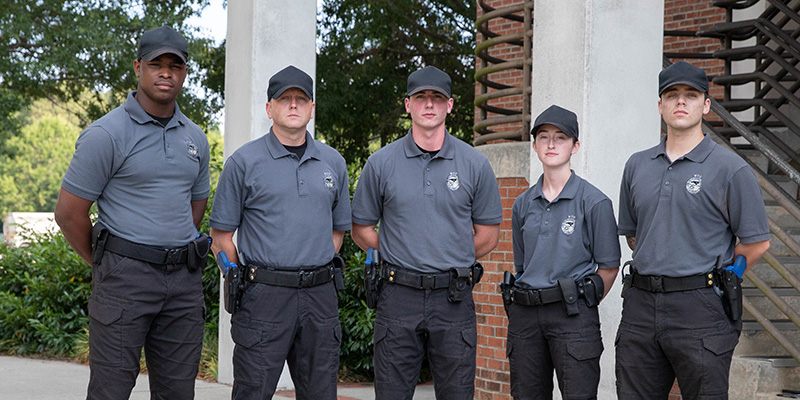
. . . and Why These Excuses Don’t Fly
You wake up every day to return to the same job you’ve been dragging yourself to for the past 10 years. However, you don’t see a way out.
You’ve always been interested in helping people, or computers, or nursing, or manufacturing, but you’re not sure if you can hack going to college at this point. You don’t have time. You’re afraid of math. Your cat wants you home at night. The excuses are endless.
But for most adult learners, college really is possible. You just have to commit to your future, and your future begins today!
Excuse #1: “I didn’t do well when I was in high school. Therefore, I won’t do well in college.”
You might have been great at sports in high school. You might have slept in until noon on the weekends. You might have worn flip-flops in the winter time. Who you were in high school has little relevance to who you are today. Your values, interests, and yes, your skills, have evolved.
You might be sorely out of practice at playing any sport today, though you might have been great at it 20 years ago. Likewise, you might be a great student today though you weren’t when you were younger. You’re more motivated. You have a lot of great experience to draw upon. You’re more mature.
Leave this excuse in the past, along with your 20 year-old mediocre high school report card.
Excuse #2: “I don’t have the time.”
We’re all doing a million things. However, think of the time that is wasted in your life when you’re unhappy with your career path. We tend to compensate for our unhappiness with time and money wasters, all in an attempt to feed yourself because your profession is not feeding you.
Guess what? Wayne caters to busy adults. At Wayne, courses are offered at varying times, both in-person, online, or as a hybrid between the two. Many parents like taking online courses, which allow them to complete their courses without having to arrange childcare. Through online learning, students take their classes when their children go to bed, on their lunch breaks, or whenever it’s convenient for them.
You will probably find that, when you begin learning material that resonates with you, you will have a lot more energy and time to get the work done than you thought.
Excuse #3: “I can’t afford it.”
You may think that college is out of your reach because of cost. However, college may be more affordable than you think. Financial aid and scholarships are available to those who qualify for both full-time and part-time students. Apply early to get the best chance of a financial package that meets your needs. A majority of WCC students receive some sort of financial aid.
Check out the Financial Aid article in this very issue to see all the ways we can help you pay for college!
Excuse #4: “I can’t do math.”
So you haven’t done calculus since your junior year of high school. So what? You won’t be thrown into calculus your first semester (and maybe not at all if your degree or certificate doesn’t require it). When you enter as a new student, you’ll be placed in courses that match your current skill level and start there.
Excuse #5: “I don’t know what I want to study.”
You know that you want to earn a degree in something, you just aren’t sure what that something is yet. Do you keep putting off college until the bolt of inspiration comes?
At Wayne, you can enroll in a variety of classes which gives you an opportunity to explore your interests. From there, you can make an appointment with our Career Services area to take assessments that help figure out what types of careers would suit you.
So you’ve taken courses in the past? Will they count?
Our lives are rarely a straight path. Instead, you may have many past college and work experiences. You might have a certificate from five years ago, two courses you took seven years ago, etc. For students with this type of background, their first question is, does any of this count toward a degree or certificate I would like to work toward now?
The scoop
First of all, most of our associate degrees require 60-70 credits. Up to 75% of those credits can be from courses you’ve taken in the past. For those with significant life experience in a certain subject matter, Credit for Prior Learning is available, which allows you to receive curriculum credit for previous non-curriculum academic experiences and training.



